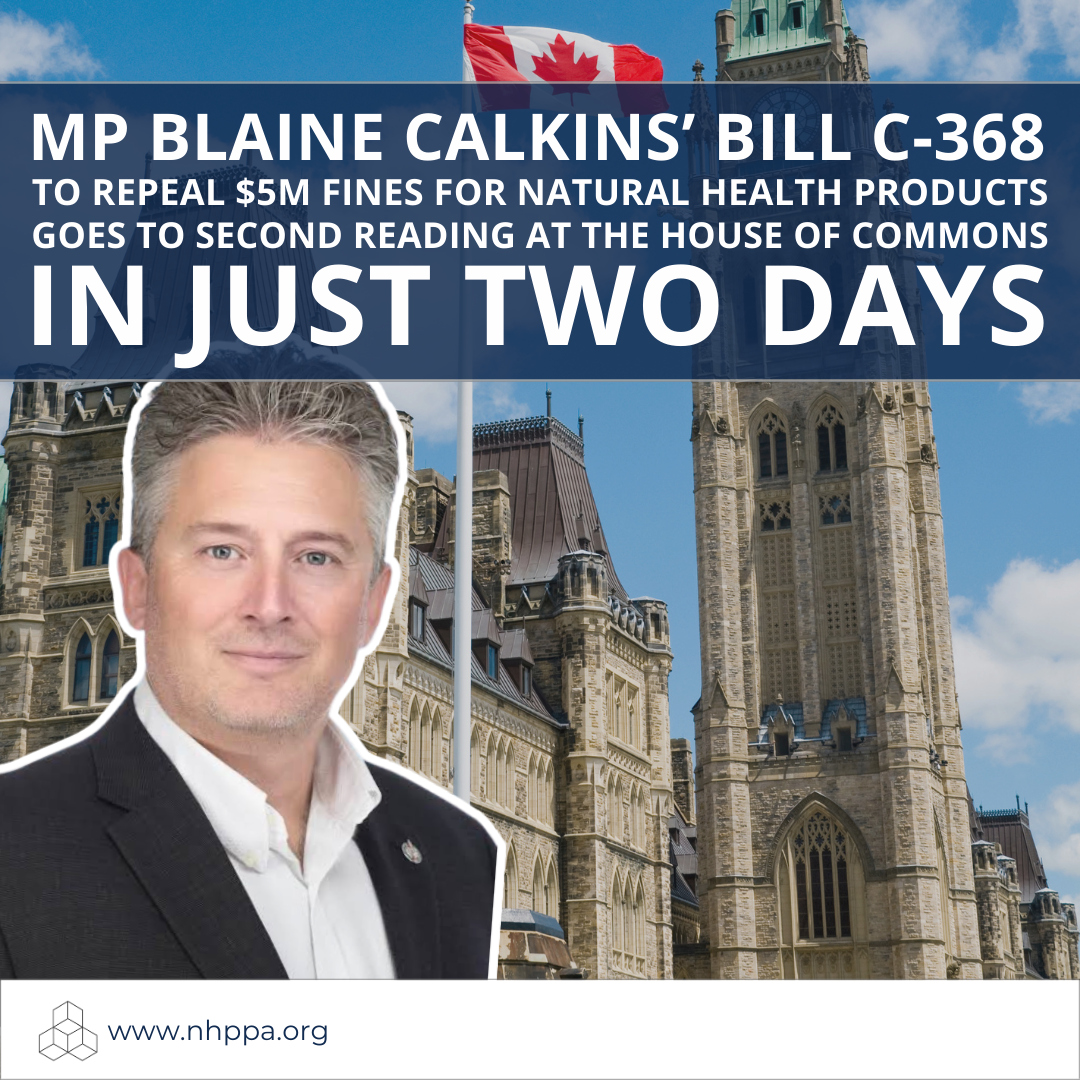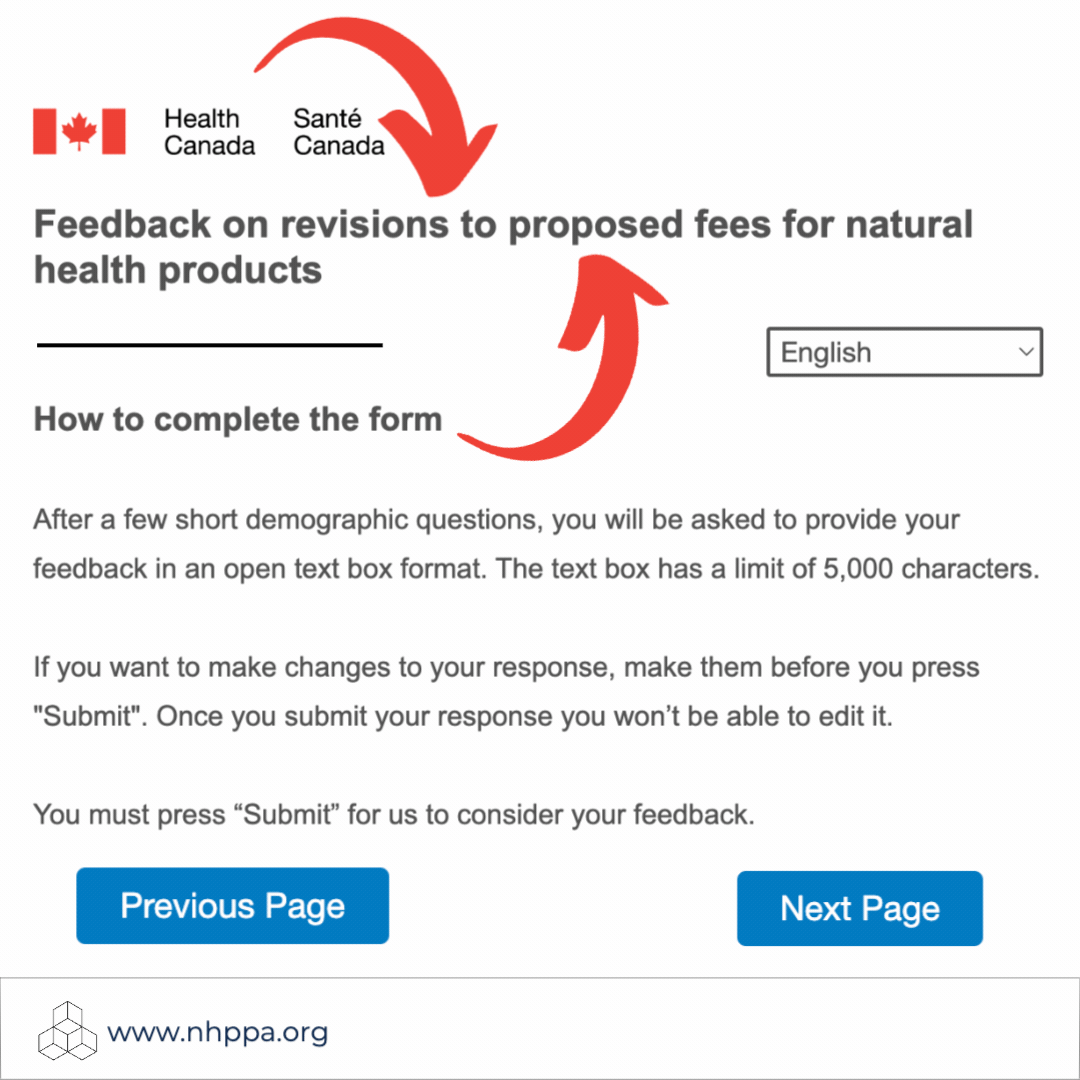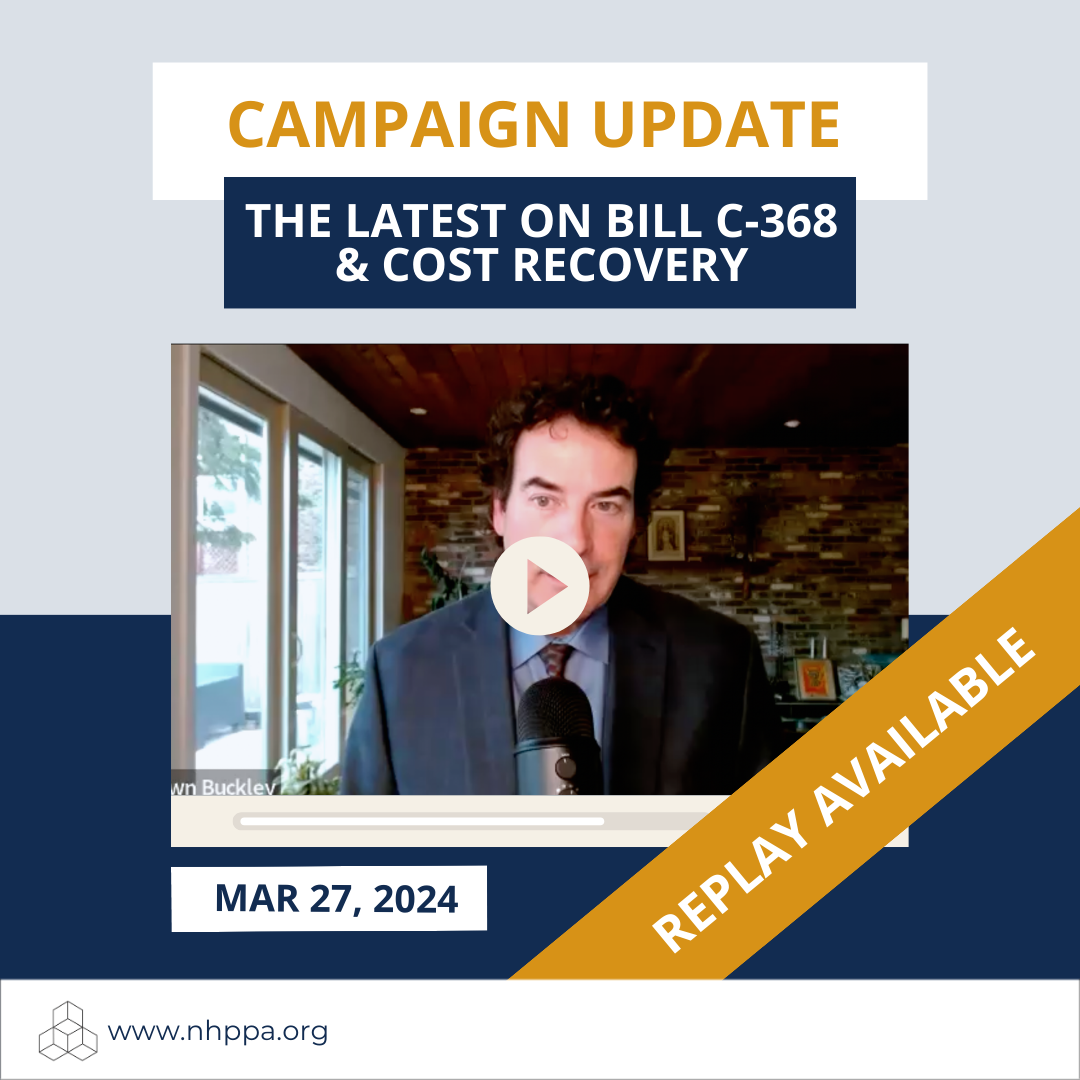SUBMIT YOUR “CONSULTATION SUMMARY” DIRECTLY TO HEALTH CANADA
Campaign launched April 30, 2015 and closes June 12, 2015
The world is talking about the March 20, 2015 evaluation released by the International Agency for Research on Cancer (IARC), a World Health Organization (WHO) arm, reporting glyphosate is “probably carcinogenic to humans.” Glyphosate, the key ingredient in Monsanto’s RoundUp, is the most widely used herbicide globally. It has been associated with increased instances of infertility, autism, allergies and many more chronic diseases and conditions, including cancer.
For those who have known these health links for decades, this is a bittersweet announcement.
THE ACTION
We have an opportunity to make things right, here in Canada, by engaging in this nationwide action. Health Canada is asking Canadians to participate in a “Consultation Summary” in which they are seeking opinions on whether to continue the registration of products containing glyphosate and update product labels to advise Canadians on how to use glyphosate products “safely.” Health Canada seems to have ignored the findings of WHO and continues to publicize that, in Health Canada’s own words, glyphosate is “unlikely to affect health” and that “when used safely” is “not of concern.” Find Health Canada’s current position here.
The IARC reached its decision based on the view of 17 experts from 11 countries, who met in Lyon, France, to assess the carcinogenicity of 5 organophosphate pesticides. The IARC’s assessment of the 5 pesticides is published in the latest issue of The Lancet Oncology.
The April 13, 2015 recall and alert for glyphosate issued by Health Canada signals to Canadians that they are doubting their sources on glyphosate and questioning whether this toxic chemical is “safe.” They continue to report to Canadians that they do not believe this toxic chemical is detrimental to our health and environment. Having Health Canada consider re-labelling is not to be an unbridled celebration. This type of recall and alert is issued when, “Health Canada’s pesticide re-evaluation program considers potential risks as well as the value of pesticide products to ensure they meet modern standards established to protect human health and the environment.” Sounds right on the surface but it is not quite what we want.
Read Health Canada’s “Recalls & Alerts” where you will find the proposed re-labelling changes.
While the message Health Canada is sending is conflicting, the medical and natural health industry must act, farmers and environmentalists need to engage and the public must raise their voices. Take one of a series of steps and let Health Canada know that you do not support the use of glyphosate on Canada’s crops, lawns or public spaces by June 12, 2015. Use this request for consultation to share why you do not want these toxic chemicals entering our bodies or our environment now, and in the future.
WHAT TO DO
We are asking that you to participate in the Public Consultation Process launched by Health Canada. Be sure to follow the guidelines that we have summarized for you below.
Please share this page with your friends and family!
Use Health Canada’s Comment Form to send scientifically based comments to them to show that there is solid and real evidence of the toxic effects of glyphosate.
Fill out the online Comment Form and email directly the Health Canada.
Be aware that Health Canada will ask you for science-based comments on both health and the environment. Since we want you and your message to be taken seriously please prepare yourself by using our reference links to credible sources to support your position.
Draft your response from the content on these links and others that you find yourself. You may also include attachments when you email Health Canada.
IARC March 20, 2015 IARC WHO Report
American Cancer Society—Known and Probable Human Carcinogens
CBC News April 1, 2015 Herbicide chemical glyphosate ‘probably carcinogenic,’ WHO agency finds
We encourage you to search for other relevant scientific articles as well.
WHY DO THIS NOW?
While Health Canada may only be considering the “re-labelling” of products containing glyphosate, Canadians now know that an elite group of cancer specialists have reclassified this chemical as probably carcinogenic to humans. We must act now to let Health Canada know that we do not support the use of this toxic compound on our food or environment, which undoubtedly leads to higher rates of cancer. This is our opportunity. We only have until June 12, 2015 to provide comment, based on scientific evidence, indicating that we do not want re-labelling, we want glyphosate banned in Canada.
QUESTIONS?
Contact us at info@nhppa.org






